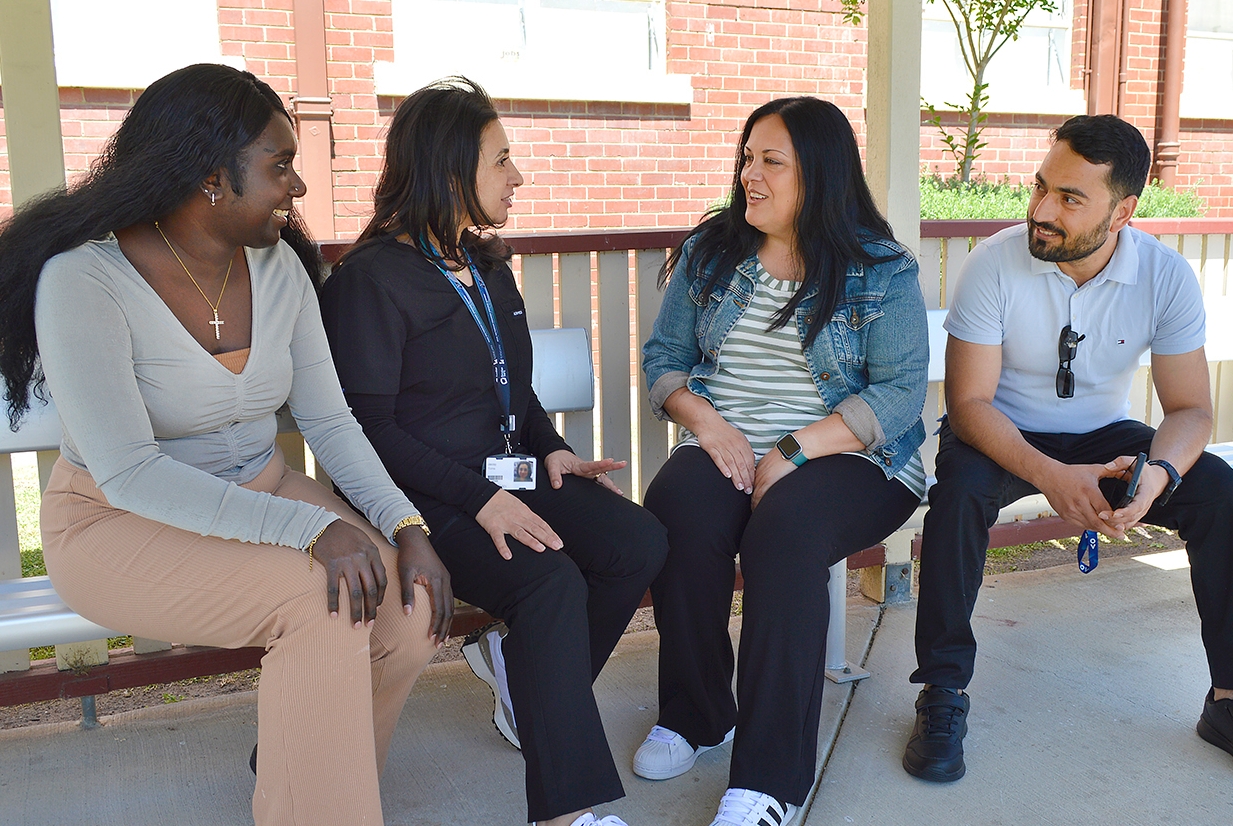Considering a career in health? Perhaps you want to look into an allied health course that might spark a new passion. You could find your calling as an Allied Health professional.
But before we dig deeper into why these roles are so important, let’s answer your first question—what is an allied health professional?
Allied health professionals or practitioners are people specially trained for a specific healthcare role, who aren’t your standard doctors, nurses or dentists but could include Physiotherapists, Occupational Therapists and Community Rehabilitation Therapists.
Our healthcare system appreciates that there are many more aspects to health services beyond the work of what were considered traditional health care practitioners — like mental health, social wellbeing, community health and more.
Therefore, allied health professionals together provide care that is complementary to the more traditional doctor–patient model. Why are allied health professionals important? Because each has a role to play in maintaining and improving the physical and mental health of our society.
Allied Health roles might include psychologists, pharmacists, social workers, physiologists or physiotherapists, to name a few. Your doctor can refer you on to allied health professionals that can help you with a specific area or health issue.
As you can see, a career in allied health is one that is part of the fabric of a functioning, healthy community. That’s just one of the reasons why prospective TAFE course students are leaning more and more towards a career in allied health.
Here are just a few more reasons why you might want to consider taking an allied health course towards a career in allied health.
Allied Health Professionals Are In Demand
Allied health is a rapidly growing part of Australia’s health workforce. The number of registered professionals is growing each year. The fastest-growing fields are occupational therapy, osteopaths and physiotherapy.
Demand for allied health professionals is expected to grow further over the next decade as Australia’s population changes.



